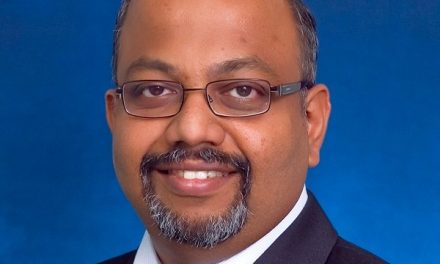
Geingob’s legacy based on failed and outdated welfare programmes

By BIG Coalition of Namibia.
Poverty levels in Namibia have become a humanitarian crisis in the past five years. Two-thirds of Namibians live below the poverty line (USD1.90 per day, as per international standards) and unemployment is at a peak high of about 45-50%. According to the 2020 UN Global Report on Food Crises, 800,000 Namibians are constantly stressed about where they will get their next meal, of which 400,000 need humanitarian aid.
We are dismayed that the president still bases his poverty eradication measures and legacy on outdated welfare programmes that aren’t relevant and have made very little impact to the current situation. This stance bears hallmarks of a poorly planned and unsustainable HPP ll, especially in regard to Pillar 3 (social progression), which states that the Food Bank will be converted into a BIG scheme which only the previous Food Bank recipient would be beneficiaries. We find that problematic as only 42,000 recipients will benefit from BIG – perpetuating the systemic exclusion of most Namibians in need. The president is yet to inform us about the fate of the rest of the 799,958 people who are currently facing hunger.
If the food bank was successful, why do we still have people who scavenge for food at rubbish dump sites and in bins on a daily basis? Basing BIG on welfare programmes that haven’t reached their targets or lack the necessary political will to achieve such targets, while only benefiting very few recipients, creates frustrated and disenfranchised communities. It also prepares for a scenario that will engulf our entire democracy and set us on a path of social disintegration. The president’s intervention is not a measurable indicator in tackling the problem and downplays the magnitude of poverty in our country.
The reason why the BIG Coalition previously stated that the president wasn’t serious about addressing poverty and inequality is because he is objecting the universal/unconditional BIG – an economic stimulus package and welfare programme that has been scientifically validated by various studies to be by far the fastest and most cost-efficient measure to address multi-dimensional poverty. In 2007, the President called on government to implement BIG. One would with all certainty expect that BIG would have been implemented upon taking reign of the Namibian Presidency in 2015.
The poverty situation in Namibia has changed and so must the president’s poverty eradication measures. We need to move forward and try to solve the problems at hand with new and innovative measures that are relevant to the current situation. It is because of the magnitude of poverty that the BIG Coalition deems it fair that, a universal/unconditional BIG programme of N$500/person/month for people aged 19-59, be legislated as the best way to ensure that all vulnerable, deserving and intended beneficiaries are covered.
Classic welfare programmes, which the president supports, that use means-test (carrying out a test to determine an applicant’s eligibility depending on their situation) to target beneficiaries have been proven to be far more expensive, wasteful, and ineffective at reaching indented beneficiaries.
If conditionality is applied by means of added administrative requirements, the poorest are those who are least likely to benefit from the programmes as they are by nature the most disadvantaged in terms of access to information, infrastructure, and administrative services provided. This will undoubtedly lead to the unintended exclusion of some who might not be able to access the grant due to remote locations or lack of information. That’s what is happening with the Food Bank, N$750 EIG and the drought relief programmes which goes against the President’s promise that nobody in the Namibian house should be left out.
A universal BIG should also be considered in terms of Namibia’s extremely precarious labour market and lack of income predictability. It will be administratively impossible for the government to accurately identify and track all vulnerable intended recipients if BIG would be based on means-tests as people constantly move in and out of poverty due to the highly precarious labour market.
Therefore, given the extremely difficulties and costs implications of implementing means-tested BIG, it is more efficient to introduce a universal BIG scheme to ensure that all people in need receive support. Universal BIG is self-targeting without having to rely on an administratively difficult means-test with adverse economic incentives. The costs of universal BIG can be accompanied by an income tax adjustment so that higher income earners will immediately repay their BIG through the tax system. This can be arranged fairly easily.












































